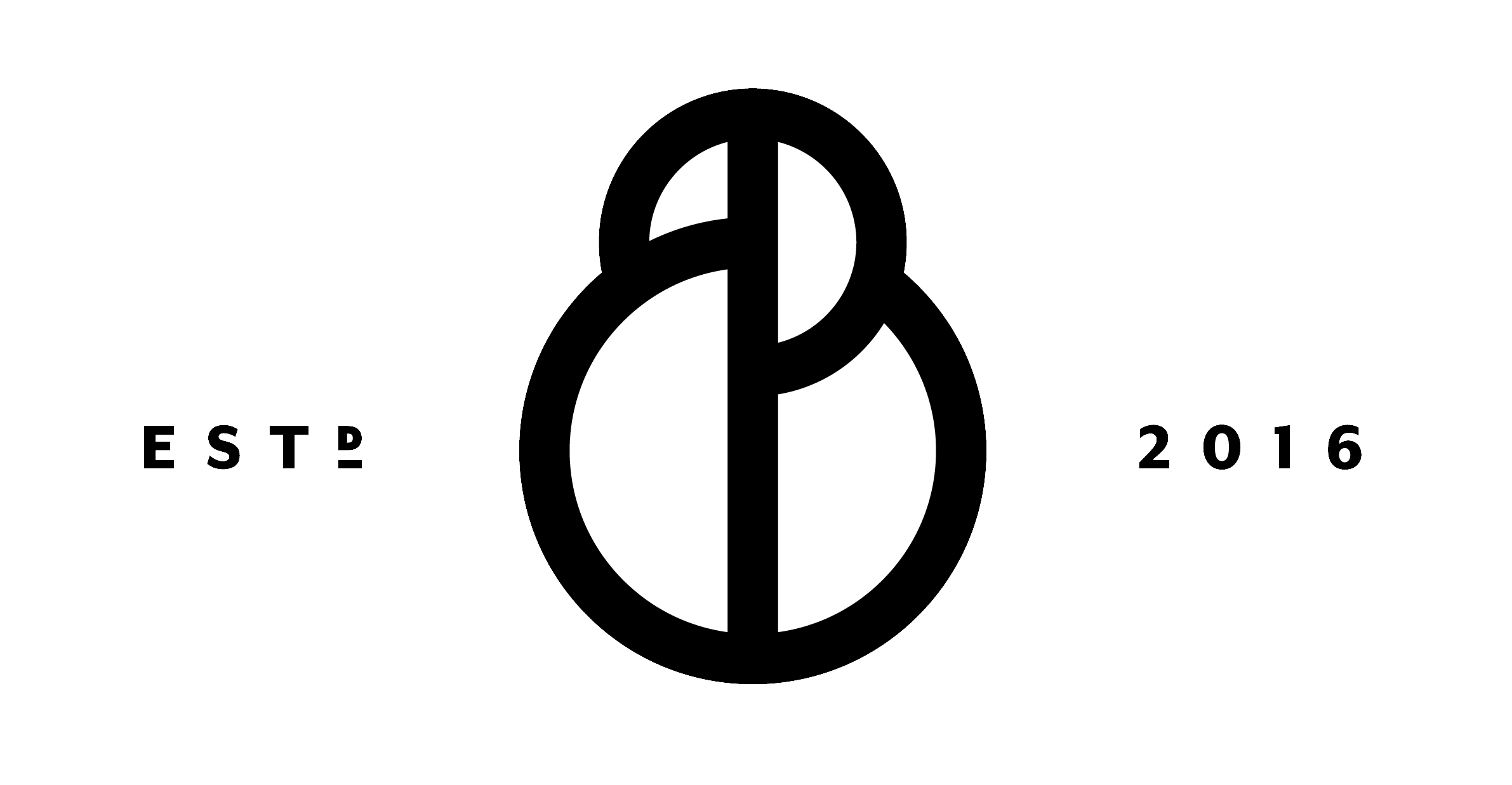Ethiopian Gigesa Grade 1






Ethiopian Gigesa Grade 1
A bright, fruity and aromatic cup with deep floral and berry notes. Infused with delicate lime and apricot flavours, complemented with rich chocolate leaving a clean delicate mouthfeel.
The standout of winner of Ethiopia’s current available harvest: cupping samples of every available harvest from import revealed this to be the top performer with a clean finish and array of flavours in the cup. We have selected the best for you.
Origin:
Buna (the word for coffee in the Amharic language [Ethiopian dialect]) was discovered in Ethiopia hundreds of years ago. Coffee plants / trees were then transported to other parts of the world which marked the beginning of global coffee development. It remains a sacred commodity in Ethiopia and coffee roasting is performed daily in homes, essentially, almost every Ethiopian civilian is a coffee roaster or has had exposure to coffee roasting.
This heirloom Ethiopian hails from the Gigesa Washing Station which is in Shakisso, in the Oromia region of Ethiopia, which borders Sidama to the southeast. Using clear river water to ferment the cherries / coffee in underwater tanks, the washing station make great use of Ethiopia’s tropical climate of 77 Fahrenheit in the day and 60 in the evening.
Quality Statement
We only stock Grade 1 of this coffee; a grading which ranks this coffee amongst the highest quality coffee on earth. With almost a 90 cup score, this bean is one of the top 0.01% of coffees in the world.
Grade: 1
Altitude: 1800-1950 masl
Size: 200g
Artisan Hand Roasted
NEXT DAY DELIVERY ONCE ROASTED (UK)
INTERNATIONAL SHIPPING AVAILABLE
Ethiopian Coffee Beans
There are currently many places where you can buy coffee online, with Ethiopian coffee easily ranked among the most sought coffees. Many people drinking coffee at home and also those brewing in coffee shops tend to choose Ethiopian coffee for their espresso base. Most coffee from this country is very versatile and due to the general fruity, sweet nature of the coffees, they can produce a brilliant cup regardless of what they are brewed for (e.g. espresso, latte, cappuccino etc.). The more quality beans, e.g. grade 2 and above, can be blended with other coffees, typically South American ones, to produce a sweet floral cup with notes of cocoa and caramel. The quality of coffee available in the market is determined by the Ethiopian coffee exchange, they are responsible for the export of all Ethiopian coffee, and one can be reassured that there is a set standard farmers need to meet in their harvest for export to be permitted.
Grading is a very important part of selecting the right cup for you. A panel of adjudicators, who have coffee freshly roasted for them, and ground coarse, carry out the grading process, it is then cupped to determine it’s flavor and taste profiles. This process is complemented by other systems, which result score.
The grading system goes from 1-5, with 1 being the highest. Usually Ethiopian coffee sold in coffee shops in Europe can be as low as grade 4, with a decent cup coming from grade 3 and upwards. The grading score / system take into account many actors like bean size, level of moisture and importantly, number of defects per 300g. The SCAA grading protocol determines the conversion or equivalent of single defects to full defects. The numbers of full defects are calculated on a basis of 350 grams of green coffee sample.
Bean imperfections need to have the specific bean characteristics and criteria as they appear on the picture and physical description in the Defect Handbook to be considered a defect. A full defect can be a Category 1 (primary) or a Category 2 (secondary) defect. Specialty Grade samples must have zero Category 1 defects and no more than five Category 2 defects.
This category is particularly important to us because we only buy green coffee beans that are Specialty Grade. Moreover, we only buy grade 1 coffee. By doing this we ensure that we are roasting the highest graded coffee in the world (as there is no grading higher than grade 1).
Generally, to understand the impact coffee grading has on taste, there are a few key points to remember. A grade 5 coffee will not taste like a grade 4 coffee. A grade 3 coffee will not taste like a grade 2 coffee and so on. The higher the grading the more distinguished the cup produced will be. Usually top grade coffees produce a brilliant finish and can be given cup scores (0-100) of up to 90 and above. Our bespoke manual roasts are sure to bring out the best in coffee beans you buy online due to the non-usage of machinery when roasting. We roast using manually operated deep-dish pans help over open flames, we do not restrict the air flow of fan speed etc. as is done in a machine roast. For that reason our method is truly artisan (hand made), and produces ‘’flawless” cups of coffee as described by one of our customers. Hence why we rate our coffees, especially this Ethiopian grade 1 coffee, as 90 plus cup scoring coffees.
Ethiopian coffees that you buy online from us will always be the highest graded, which means your coffee will be the among the best in the world. Part of this is in homage to our home region of east Africa, which is also where coffee was first discovered. Many families all over the world respect the coffee heritage by conducting coffee ceremonies every day. There is a strong culture in roasting coffee by hand and always bespoke roasting for drinking, even when one is home alone. Instant mix coffee is frowned upon. It is from this rich cultural heritage that Boun Beans was born, and the philosophy towards bespoke roasting, premium bean usage and supply, continues to be tenaciously up-help with every pack of coffee Boun Beans sells.


